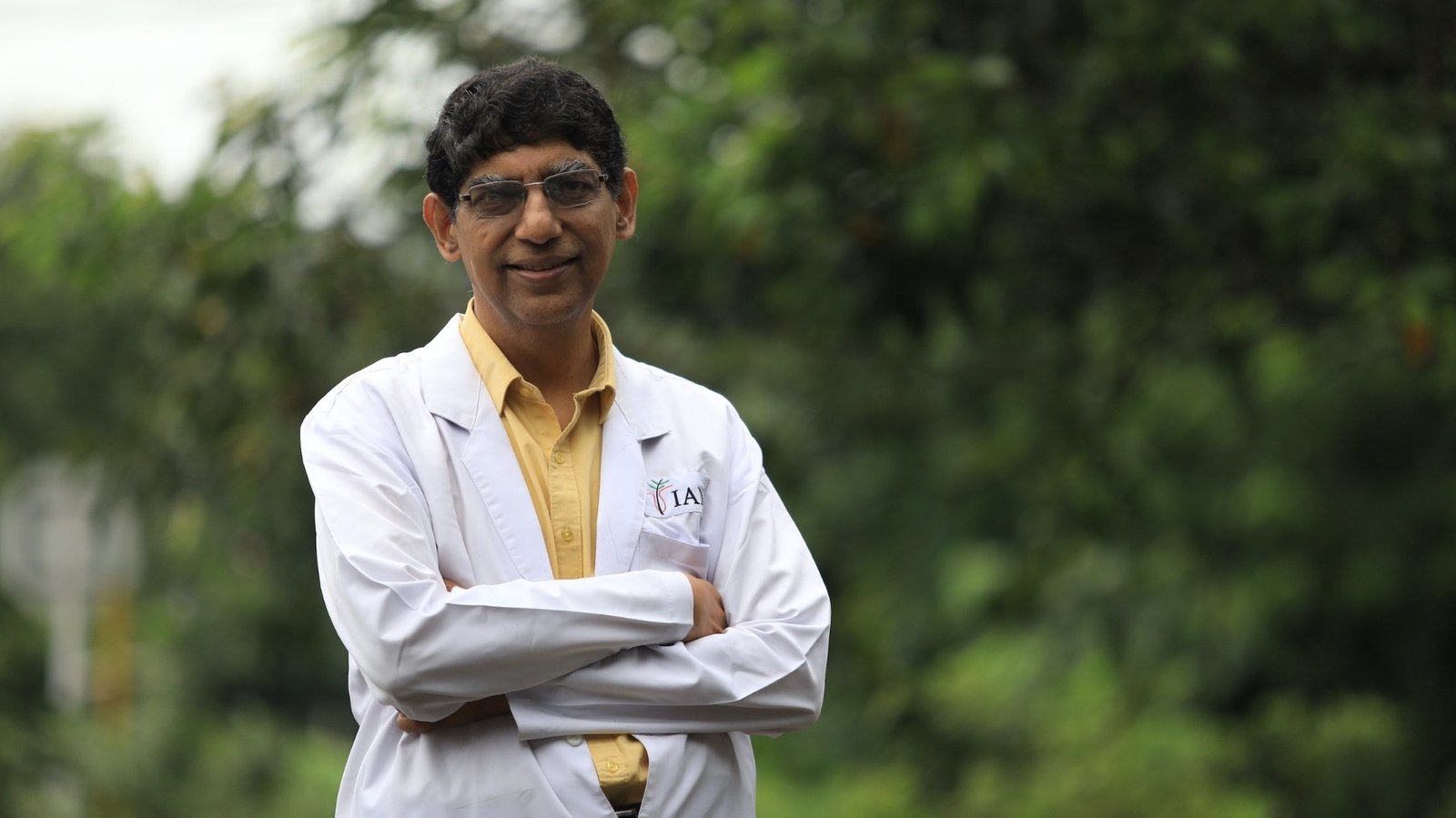A Kerala-based doctor has garnered international recognition for his role in global research highlighting the challenges faced by patients suffering from Lymphatic Filariasis (LF) in Uganda, Africa.
The research, conducted by a team of medical professionals from leading medical institutes around the world, sheds light on the severe disability caused by the disease and the myriad social and healthcare barriers faced by those affected by this most debilitating and neglected tropical disease.
The team comprised Dr. S.R. Narahari of Institute of Applied Dermatology, Kasaragod, Kerala; Arthur Bagonza of Department of Community Health and Behavioural Sciences, Makerere University College of Health Sciences, School of Public Health, Kampala, Uganda; Linda Gibson and Chris Bezalel of Institute of Health & Allied Professions, School of Social Sciences, Nottingham Trent University, Nottingham, United Kingdom; Lydia Kabiri of Department of Nursing, Makerere University College of Health Sciences; Peter J. Franks of International Lymphoedema Framework, London, United Kingdom; David Musoke of Department of Disease Control and Environmental Health, Makerere University College of Health Sciences; and Christine Moffatt of Nottingham University Hospitals, NHS Trust Nottingham, Nottingham, United Kingdom.
“Lymphatic Filariasis, commonly known as elephantiasis, is a neglected tropical disease caused by parasitic worms, leading to chronic swelling, pain, and physical deformities. The study reveals that in Uganda, the condition remains a significant public health challenge, compounded by inadequate access to healthcare facilities, widespread social stigma, and the isolation of patients from their communities,” said Dr. Narahari, who has been successfully treating thousands of patients in India after developing an integrated medicine for Lymphedema and Lymphatic Filariasis.
“The findings are a stark reminder of the human cost of neglected diseases. Patients in Uganda face immense suffering, not just from the physical symptoms but also from the societal rejection and lack of medical care,” he said.
The study, recently published in the prestigious medical journal “PLOS Neglected Tropical Diseases,” reveals that many patients in Buvuma and Napak districts endure years of untreated symptoms due to the lack of accessible healthcare infrastructure in rural Uganda. The absence of trained medical professionals and essential medicines exacerbates the problem. Additionally, social stigma often leads to isolation, with patients being excluded from social gatherings, education, and employment opportunities.
The team emphasised the need for a multi-pronged approach to address the issue. “Improving access to healthcare is critical, but we must also focus on education and community-based interventions to reduce stigma. Public awareness campaigns and training programs for healthcare workers can make a significant difference,” Dr. Narahari said, adding that Uganda can emulate India’s National AYUSH Mission, which adopted the integrated medicine protocol as a public health programme to treat Lymphatic Filariasis patients.
“We hope that these findings will inspire governments and organisations to prioritise LF management in their public health agendas. This research is not just about Uganda; it’s a call to action for the global community to address the inequalities that allow such diseases to persist,” Dr. Narahari added.



